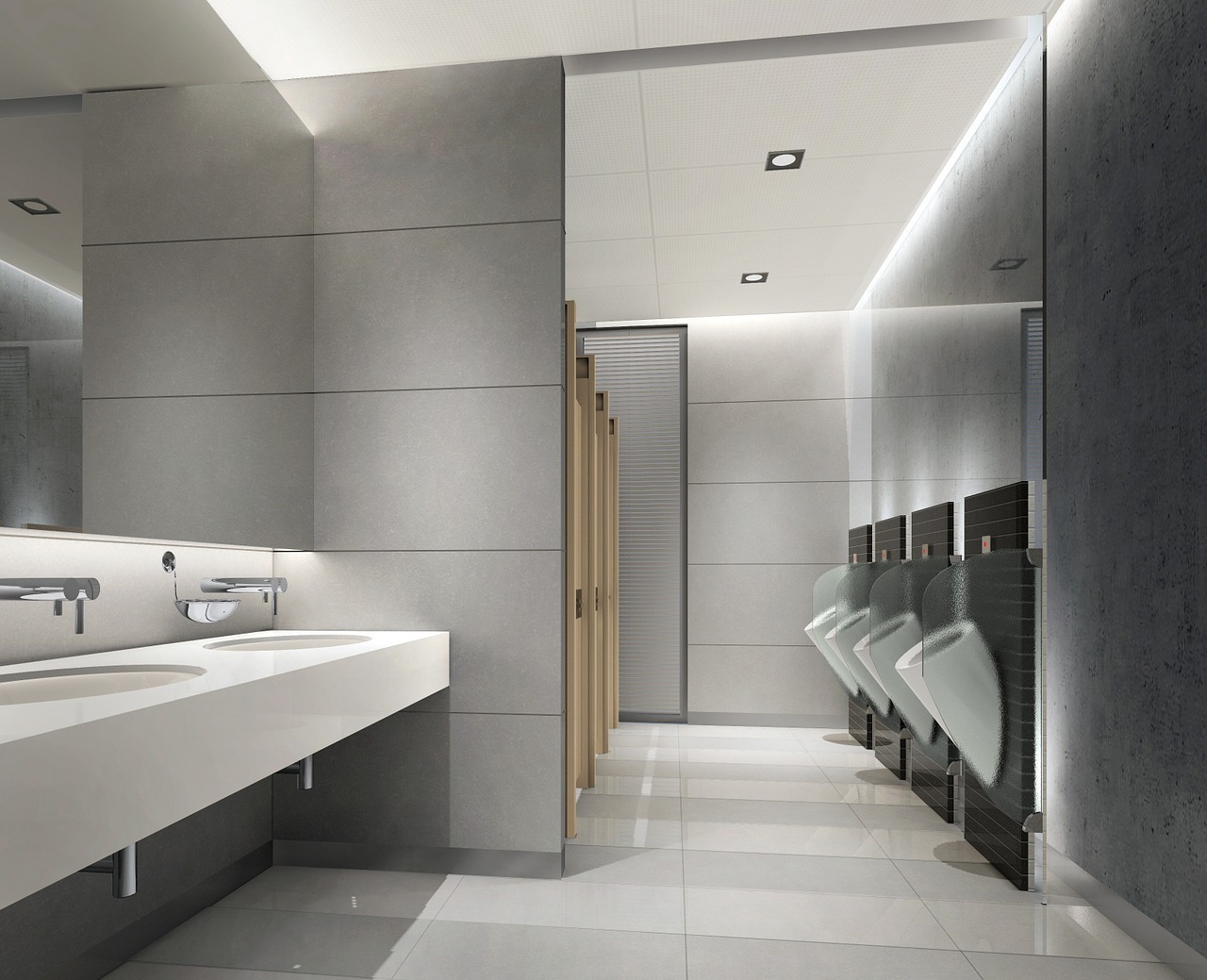Is There a Real Legionella Risk for My Hotel or Offices After the Lockdown Caused by the Pandemic?

Legionella bacteria are generally found in water bodies. The bacterium can multiply when temperatures range between twenty and forty-five degrees Celsius, and nutrients need to be available. The bacterium is dormant in temperatures below twenty degrees Celsius and cannot survive above sixty degrees.
Legionella can cause Legionnaires’ disease, and this can be a fatal type of pneumonia, contracted by simply inhaling airborne water droplets containing Legionella bacteria. These droplets can be generated, for instance, by cold and hot water outlets, whirlpool baths, wet air conditioning units or even hot tubs.
Any person can develop Legionnaires’ disease caused by Legionella, but some risk groups are especially endangered: the smokers, alcoholic, elderly and those with diabetes, cancer or chronic kidney or respiratory disease are at more risk.
When water is left for a prolonged period of time in water pipes or water storage tanks with a temperature above twenty degrees Celsius, there is a high risk of Legionella growing in a water system.
All employers, office owners and holiday accommodation managers have legal obligations under the Health and Safety at Work Act 1974 legislation to maintain the water systems in their facilities to prevent growth of Legionella and this advice will help comply with these duties.
In unused or partially vacant properties, water can easily stagnate within cold and hot water systems. This can eventually lead to Legionella growing to potentially harmful levels that could actually lead to someone contracting Legionnaires ’ disease once the water system is brought back into use. This is why the coronavirus lockdown is especially dangerous, as most office spaces and touristic accommodations have been closed for a long period of time.
The risk of this actually happening can increase during summer or warmer weather periods and also when equipment that can produce water aerosols is utilized, such as high-pressure hoses, showers and mist systems.
How can office managers and owners of touristic accommodations reduce Legionella risks?
Outlets on cold and hot water systems need to be used at least a couple of times per week to maintain an acceptable degree of water flow and thus minimise the probability of generating stagnant water. To manage the risk during periods where the property is vacant, it should be considered implementing a suitable flushing regime or other similar measures like draining the system if we know it will remain vacant for a long time. These general guidelines also apply to workspaces and offices that have become less busy and occupied.
We also need to consider other water systems that we are no longer using, like sports, leisure and swimming pool facilities. For such facilities, you need to follow the procedures in the Pool Water Treatment Advisory Group Code of Practice.
General guidelines have been published by the European Society for Clinical Microbiology and Infectious disease on how to manage Legionella in water systems during the coronavirus-related pandemic.
It is important that while several offices and large buildings are shut down due to the corona-pandemic situation, that water systems are properly maintained to prevent health problems like Legionella outbreaks in the future. All premises should follow the Legionella guidance L8 from the Approved Code of Practice ACOP L8 by The Health & Safety Executive. The information and resources provided in the above lines will help you maintain your water system during this outbreak.